Description
Are you struggling with the challenge of learning new Arabic vocabulary?
Do you have trouble poring through complicated textbooks and advanced resources, and just want a simpler alternative?
Is your idea of learning a new language an exciting experience?
If you answered “Yes!” to at least one of those previous questions, then we’ve got the perfect resource for you, our newest release: 2000 Most Common Arabic Words in Context!
Did you know that — according to an important study — learning the top two thousand (2000) most frequently used words will enable you to understand up to 84% of all non-fiction and 86.1% of fiction literature and 92.7% of oral speech? Those are amazing stats, and this book will take you even further than those numbers!
Because of this, we have compiled the 2000 Most Common Words in Arabic into a single book: a list of terms that will expand your vocabulary to levels previously unseen.
In this book, you will find:
- A detailed introduction with tips and tricks on how to improve your learning, as well as the essentials to reading Arabic letters!
- A list of 2000 of the most common words in Modern Standard Arabic and their translations, along with essential vowel marks that will boost your pronunciation proficiency
- An example sentence for each word – in both Modern Standard Arabic and English
- Finally, a conclusion to make sure you’ve learned and supply you with a final list of tips.
This book will be the resource you’ll need to take your Arabic learning to the next level, and to understand how to use the most common vocabulary in daily situations!
So look no further! Pick up your copy of 2000 Most Common Arabic Words in Context and level up your Arabic language learning right now!



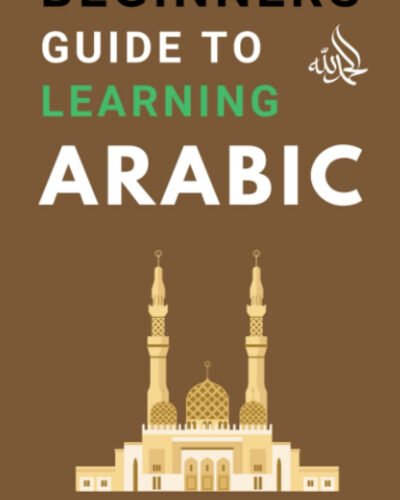
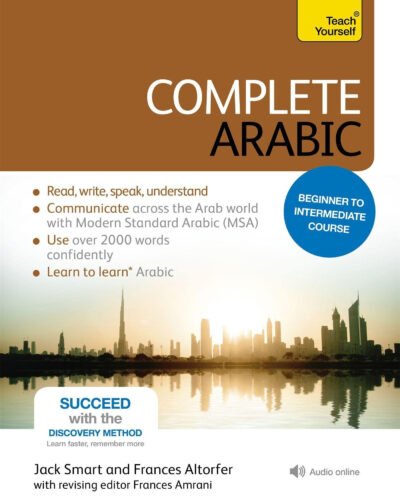
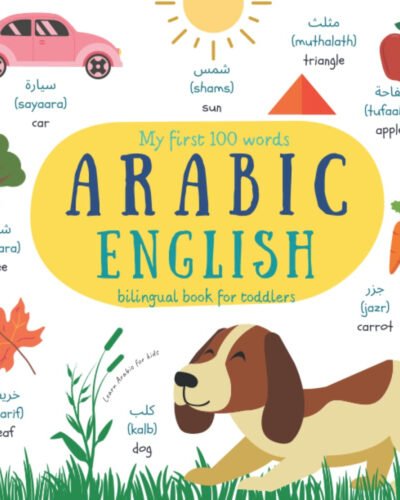


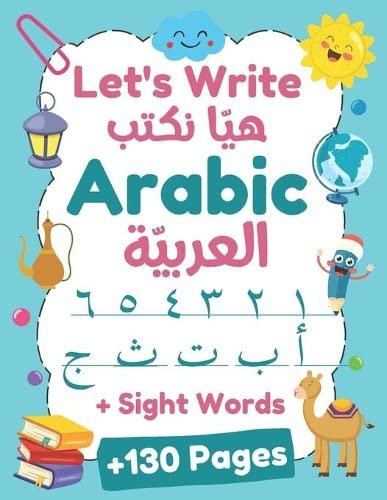
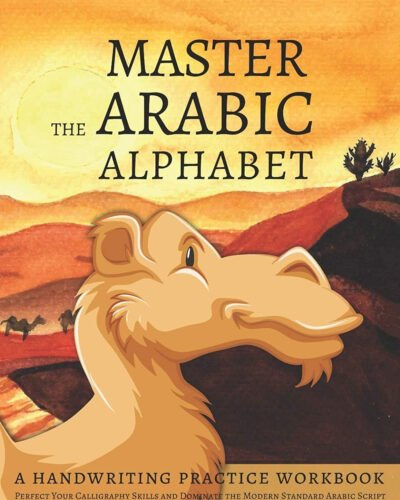
Dr. John N. D’Alton (PhD history/theology) –
This is a great way to expand your Arabic vocabulary if you have some basic Arabic already. Most of the sentences give sensible contexts.
Erik Simon –
Informative but with unaccuracies
All in all this book is informative but has some mistakes and the translations are not accurate and perfect, for example in page292.phrase# 1976. instead of “He made a dozen more films” should be ” He worked in many films” or page101-p#642 instead of “the lady …. that you admire” should be “the lady …that likes you” or page 110-709 I live on my parents’ street which should be I live on the same street as my parents. or page 110-#847 should be” did you travel?” instead of “have you traveled?” page284-#1916 “let,s avoid discord ” instead of ” let,s not fight”
Amazon Customer –
Beneficial but …
First off, the book has it’s benefits. The font is easy to read and it does offer a sentence to each word used. However, the book lacks structure; for example alphabetical order and/ or nouns in a separate section and verbs in another. My Arabic is advanced so for me it is a good review and I am learning a few new words while I am reading it. Nevertheless, if you are new or lower intermediate, don’t use this book yet.
Véronique –
il faut déjà connaitre l’arabe mais ce livre est très utile
Si vous connaissez l’arabe et que vous avez besoin de progresser, ce livre est pour vous. C’est juste 2000 phrases en arabe vocalisé et en anglais, mais ça couvre un très large vocabulaire; J’en apprends 3 par jour à l’écrit et à l’oral et je suis parée pour parler arabe dans n’importe quel contexte. J’avais besoin de ça pour me relancer
Amazonkunde –
Sortierung nach “Schwierigkeitsgrad” aufsteigend.
Mhh. Ist nicht nach Alphabet, Wortart, oder gar Themen sortiert. Eher nach “Schwierigkeitsgrad”, ähnlich, wie Sprachkurse aufgebaut sind.Also ist es eher anstelle eines Sprachkurses zu gebrauchen, wenn man sich nicht mit Regeln und Grammatik auseinander setzen möchte. Eher “Lerning by Doing”. Regeln selbst ableiten etc. Ist ganz cool. Ich benutze es “queer”, weil ich einen Kurs gemacht habe. Eher zu Übungszwecken…Sortierung/Kategorisierung fände ich besser. Filtern beansprucht Zeit, daher zwei Punkte Abzug.